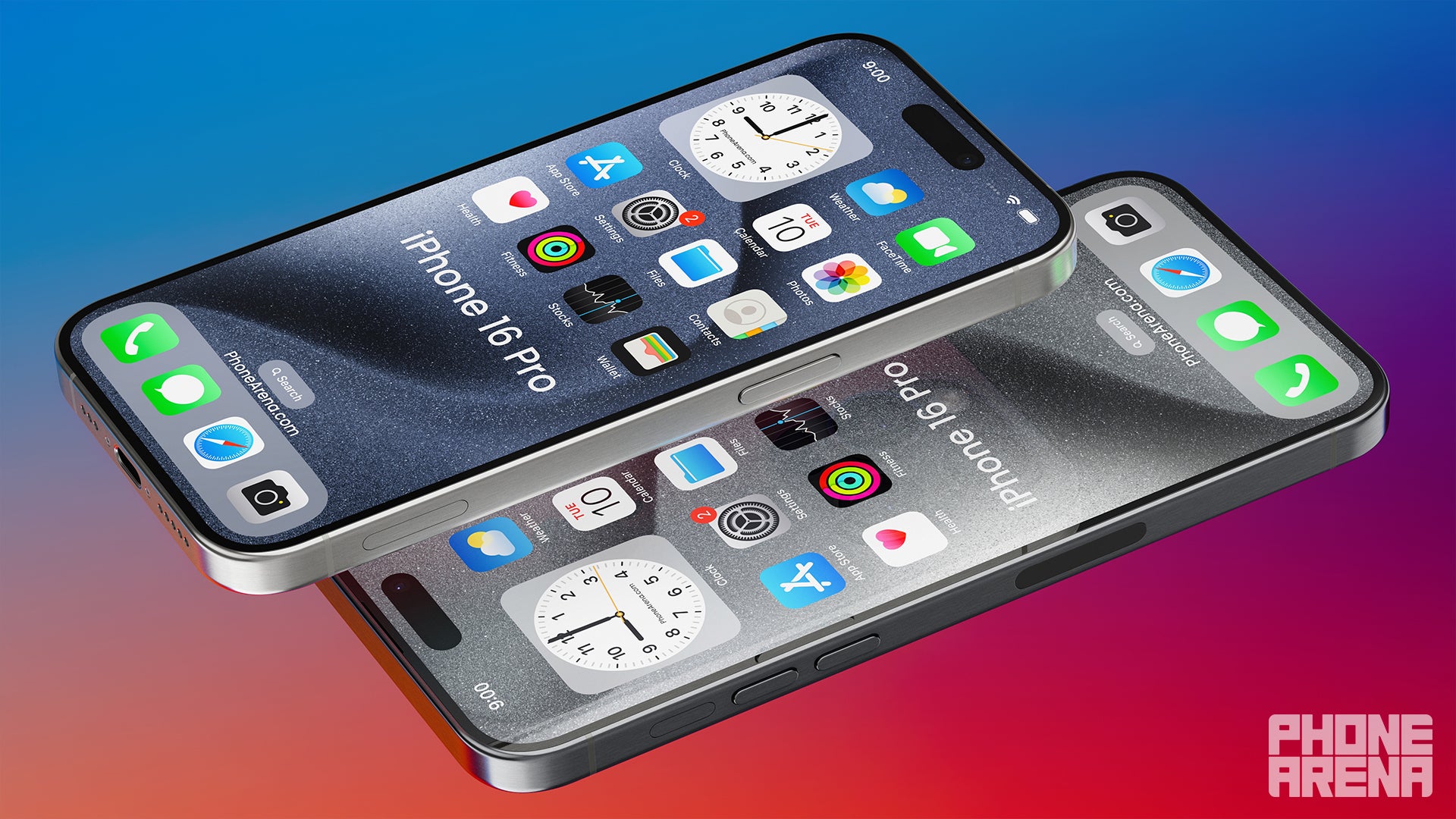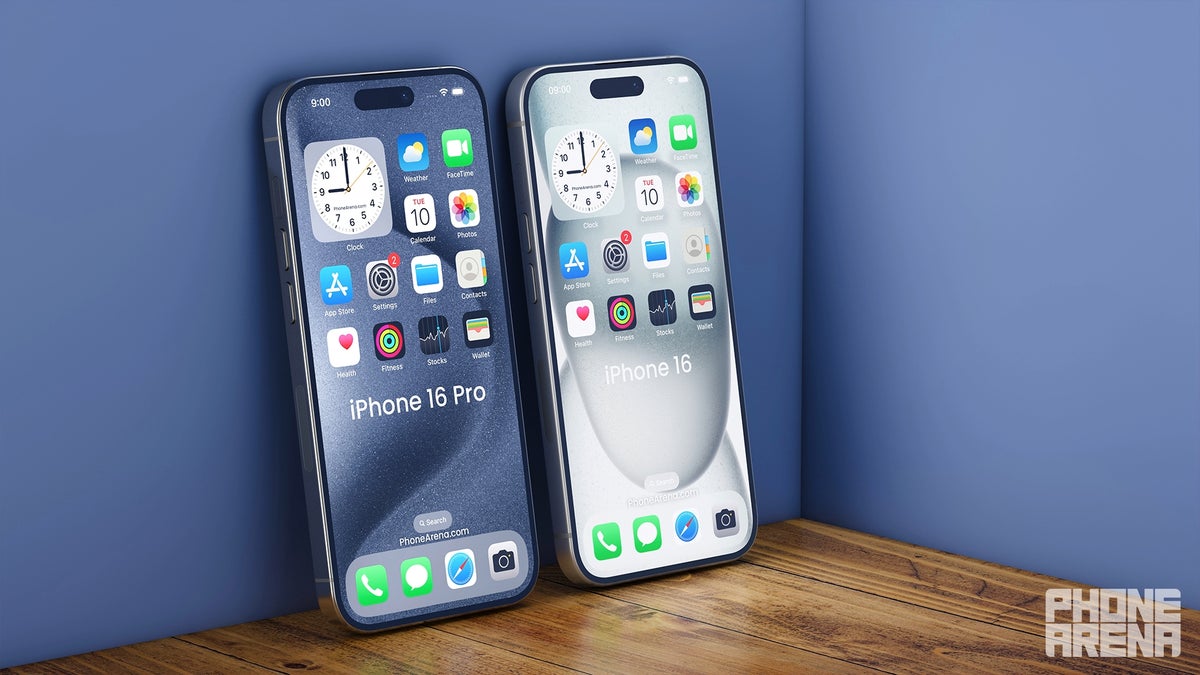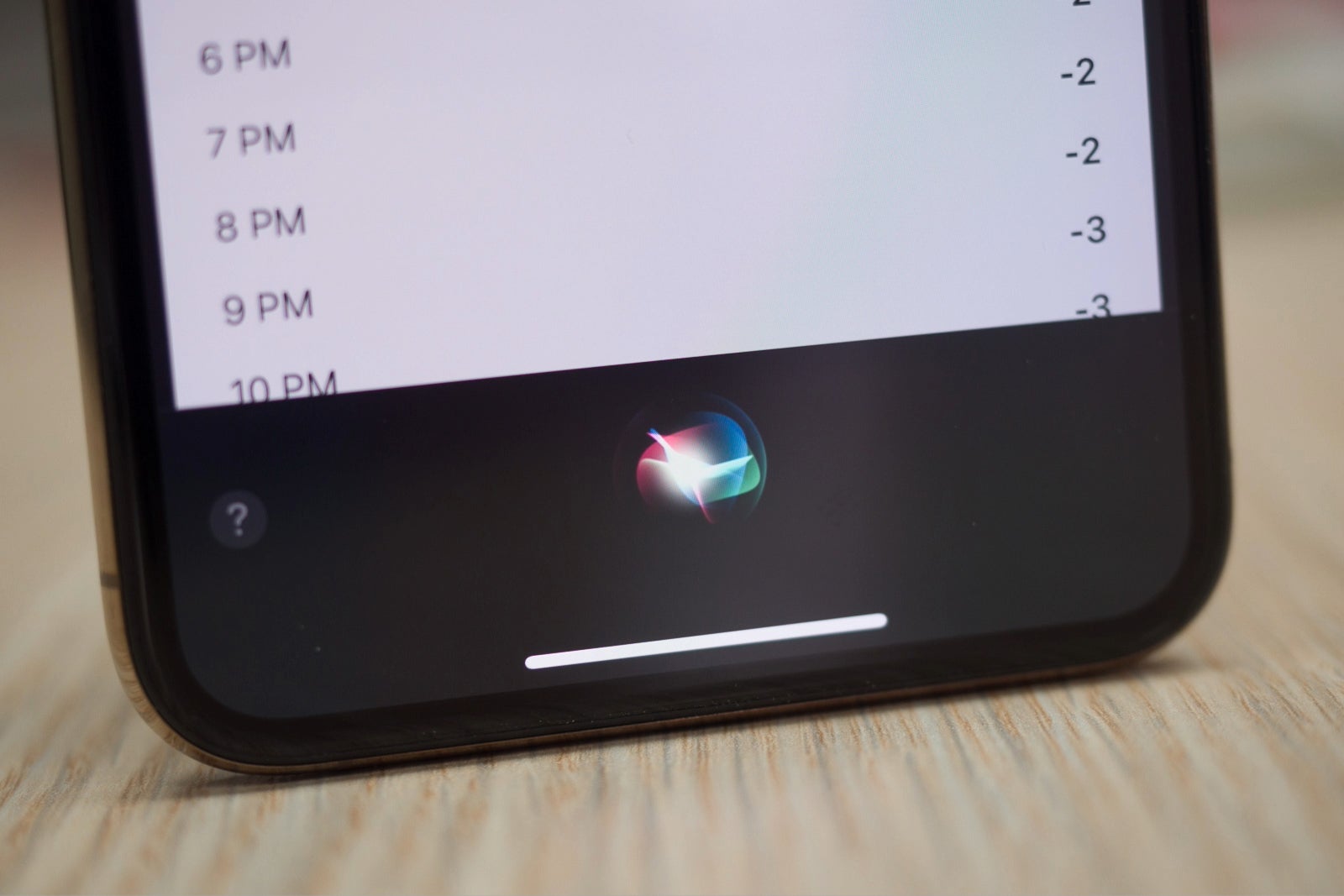Just imagine if Apple strikes a deal with these two AI powerhouses, incorporating their top-notch features into the next iPhone 16. Now, that would be one incredibly intelligent smartphone, wouldn’t it?
ChatGPT vs Gemini: A tale of two titans

Google and OpenAI stand tall at the forefront of AI research. Their rivalry has fueled incredible advancements in large language models and AI in general. It is hard to even fathom these two giants collaborating. Yet, could Apple pull off the impossible and strike a deal with both? Who knows? However, it is more probable that only one will lend its features to the iPhone.
Now, let’s quickly look at some differences between ChatGPT and Gemini. First, let’s see what is the underlying technology powering them:
- ChatGPT: Powered by OpenAI’s GPT family of large language models, like GPT-4.
- Gemini: Utilizes Google’s own large language models, currently on the Gemini family.
The question that has sparked numerous debates since the dawn of AI: Where does it source its knowledge from, aka data sources?
- ChatGPT: Trained on a massive dataset of text and code, including Common Crawl, articles, books, and Wikipedia.
- Gemini: Leverages webpages, source codes, and various datasets in multiple languages, with real-time access to Google Search.
- ChatGPT: Established tool with a wider range of features, including code generation and image creation (although currently limited). It is more customizable for specific tasks and tones and generally has faster response times.
- Gemini: The free version offers more capabilities than the free tier of ChatGPT, and it has access to real-time information through Google Search for potentially more up-to-date responses. Gemini is generally considered better for factual accuracy and content quality control. It is superior for tasks like generating formatted content (spreadsheets) and handling complex queries.
- ChatGPT: Its free tier has limitations on features and response length, and its knowledge may be outdated due to a lack of real-time data access.
- Gemini: It has limited mobile functionality compared to ChatGPT, and its paid tier only offers slight improvements over ChatGPT’s paid tier.
iPhone 16: A canvas for AI innovation


If Apple opts for the best of both worlds with its iPhone 16, the phone could boast:
- Creativity: ChatGPT’s knack for generating diverse text formats like poems, code snippets, scripts, or even musical pieces.
- Conversational prowess: ChatGPT’s reputation for engaging and informative conversations.
- Privacy: Leveraging Gemini’s on-device functionality, ensuring your data remains on your phone.
- Accuracy: Gemini’s real-time access to websites, Google Search, and its ability to verify information sources.
I don’t know about you, but I am pretty stoked about the upcoming iOS 18 and iPhone 16. We will likely see similar AI features to those found on the Pixel 8 and the Galaxy S24 series, such as:
- Live translate
- AI Magic Eraser
- Circle to Search
- Transcript Assist
- Note Assist
- Chat Assist
- And who knows what other surprises Apple might have in store for us.
Apple could also use AI to create auto-generated playlists in Music or offer more advanced photo editing tools in Photos. Of course, these are just a few examples, and the possibilities are truly endless.

